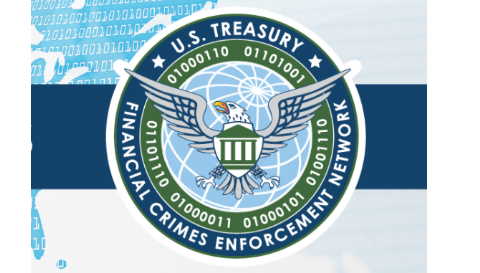
Hat tip to my wife, who texted me yesterday (from the passenger seat of our car, as we drove back from a bit of safe, secluded outdoor time with the little ones) as news broke about the FinCEN leak. For general detail, see Buzzfeed’s original reporting: “Dirty money pours into the world’s most powerful banks.”
While the meat of the story to date focuses on banks, I was curious about any mentions of law firms finding their names in print, and discovered at least a few passing references (text checked and searches conducted all from safer confines, not in motion): “The FinCEN files: The billion dollar a month money trail” —
- “Up to a billion dollars a month went through an international money-laundering network whose Russian operators charged those using the service a 5 per cent fee, according to a classified US report seen by The Irish Times.”
- “The network of bank accounts was used over a number of years to move enormous amounts of capital out of Russia and into the West, and the banks involved included one near Moscow that had a cousin of the Russian president, Vladimir Putin, as one of its directors.”
- “The leaked report from the Financial Crimes Enforcement Network (FinCEN), an agency in the US Department of the Treasury, lists 54 “network controlled shell entities” that were the nominal owners of core bank accounts through which the billions of dollars flowed.”
- “The money laundering network was operated by four named Russian businessmen and may have existed from as early as 2011, according to the undated FinCENreport, which appears to have been written in late 2016 or early 2017.”
- “Another document in the Lota Sales file, dated June 2008, stated that a London solicitor, James Pearson, of Pearson Lowe solicitors, 48 Queen Anne St, London, had certified the Lota Sales documents that had been sent to the bank. The law firm has since been sold and efforts to contact Pearson, who is now believed to be retired, were not successful.”
- “The [Quinn] family said that it had put in train a scheme to prevent the IBRC seizing the portfolio, but that it had in turn been double-crossed by those it had engaged to frustrate the State-owned entity’s efforts. The IBRC told the courts it did not accept what the family was claiming.”
- “In 2013, it emerged that two payments totalling €265,527 that had been made in 2011 to the Dublin law firm Eversheds, which was acting for the family in the case, had come from a company in New Zealand called Corlex Sales LLP.”
- “In an affidavit in June 2016, one of the IBRC liquidators, Kieran Wallace, said the payments from Corlex were among a number made to the Quinn children that had come from ‘unusual sources’.”
- “‘The plaintiffs [the IBRC] have been unable to identify who the beneficial owners of the company are,’ he told the court, three years after the payments from Corlex had first been disclosed to the IBRC.”
